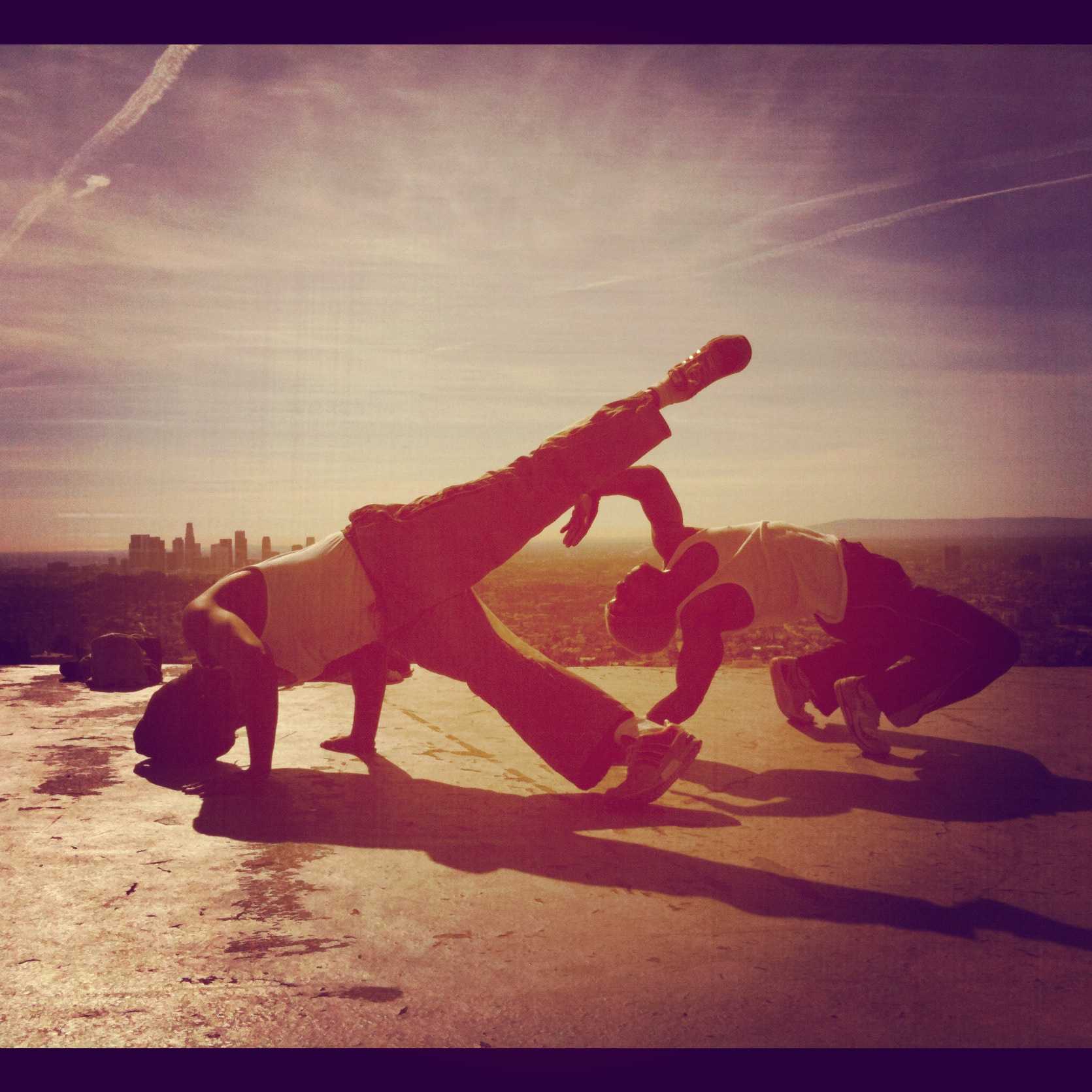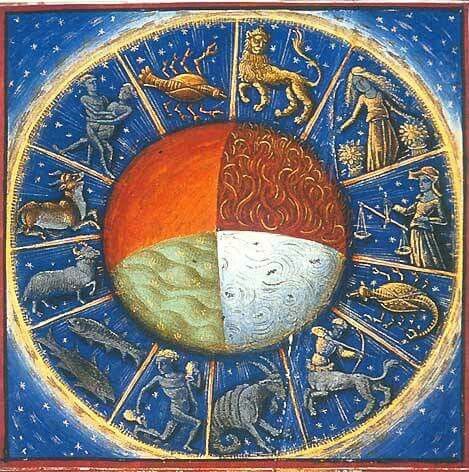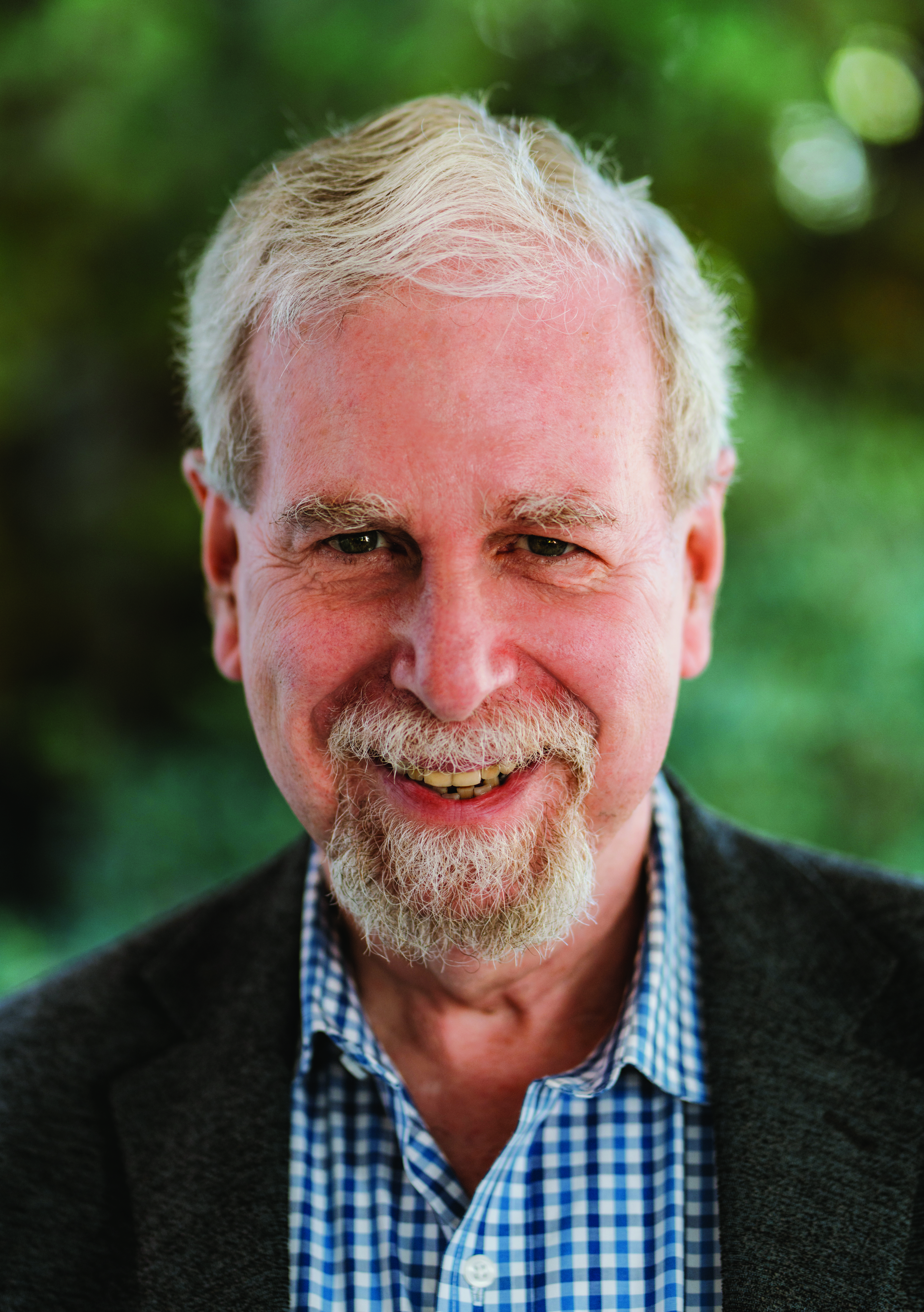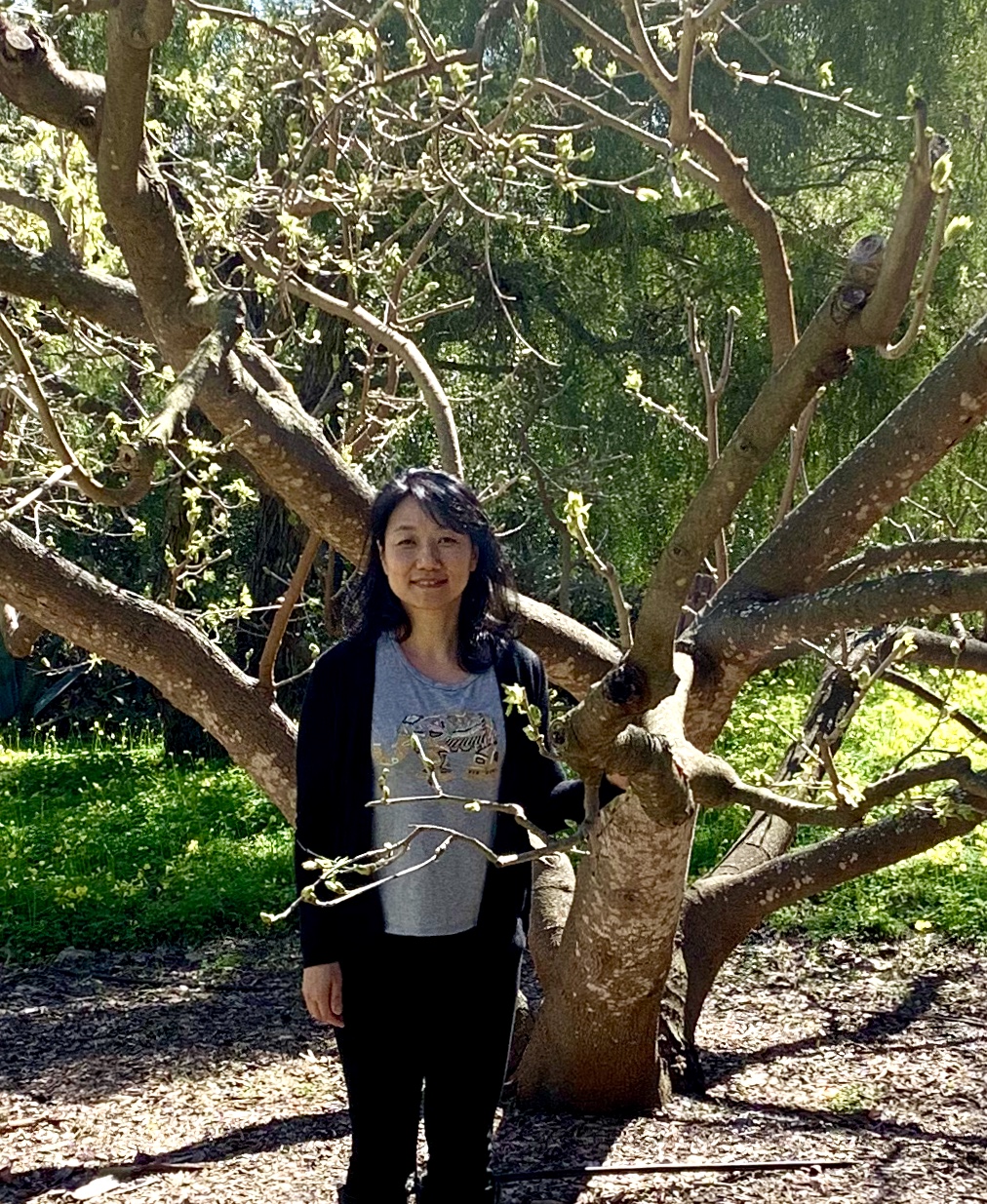Radhule is an author, mindfulness meditation teacher, and psychologist with a Ph.D. in Clinical Psychology from the California Institute of Integral Studies, with a new book out, Heart Medicine: How to Stop Painful Patterns and Find Peace and Freedom. Since 1997 she has taught at Pacifica Graduate School as adjunct professor. I’m delighted to learn more about her work and life’s mission.
Angela: To begin, can you acquaint us with your connection to and work at Pacifica? At what point in your career did you decide to teach at Pacifica?
Radhule: My American story began, when I moved in 1985 from Germany to the U.S., shortly after I graduated from medical school. However, my true love belonged to psychology and the healing of the soul. In 1990, I received my Ph.D. in clinical psychology at the California Institute of Integral Studies and, after licensing, had psychotherapy offices in San Francisco and Berkley. I focused my training in San Francisco on psychodynamic and Jungian psychology. After I moved in 1994 from Berkley to Santa Barbara, it was a natural fit for me to start teaching at Pacifica.
For the last several years I have taught a class in the Depth Program on a topic I most love: the integration between Jungian and Buddhist psychology and practice. I began to study Buddhist practice when I stayed in a Buddhist monastery in Sri Lanka in 1980. Over the past 41 years, I have deepened my studies, meditation practice, and Dharma teaching. Those two strands of wisdom, Buddhist and Western psychology, flow together naturally and organically in my clinical practice.











